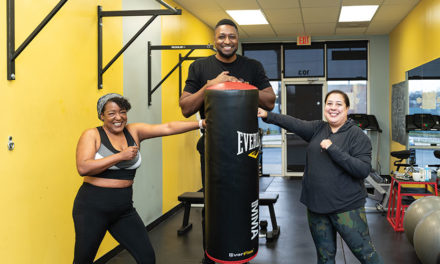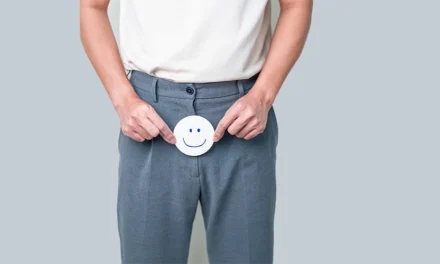1. Listen To Music
Music has been proven to alter mood and relieve stress.(1) Putting on your favorite tunes is a sure way to boost happiness, reduce anxiety, and increase energy. Better mood improves physical health, leads to making better lifestyle decisions, and helps strengthen relationships.(2) Feel better mentally leads to feeling better physically and emotionally.
2. Make Music
You don’t have to be a “pro musician” to make beautiful music. Create beats with everyday household items, like plastic cups and pots, or play a harmonica. Learning to play an instrument benefits the brain in many ways. Playing an instrument for six months improves memory, verbal fluency, cognitive function and planning, and organizing abilities in children and adults while enriching connections between the left and right brain.(3) Studies have found that music makers have more white matter in their brains, which yields faster communication within the brain and greater creative problem-solving abilities.(4)
75% of Silicon Valley CEOs have had musical instrument training.(5)
3. Express Yourself Through Music
Besides playing instruments and singing, you can try setting a silent movie to a melody, recite poetry on top of your favorite music track, perform for your family and friends, or utilize one of the apps that allows you to build music tracks in real time.
4. Move To Music
Dance, stretch, and exercise to your favorite tunes. Use a variety of musical styles to inspire movement. Dancing is the most ancient way to celebrate and builds stronger community and a sense of belonging. Through music and movement, you discover new ways to express thoughts, ideas, and feelings.
5. Explore New Music
Add and a new song to your playlist, then learn to play or sing it. Listen to your new music while you work, clean, run, or craft. The easiest way to find new music is through exploring new styles, languages, and cultures.
6. Share Music
Music is social and emotional. As Hans Christian Anderson said, “When words fail, music speaks!” There are many ways to share the power of your music with others. Think outside the box and send someone your favorite song to brighten their day, record music videos to share, and play music with your family; friends; or fellow musicians.
7. Create Music
Making music is an effective form of therapy. Remember, music is a language, and when you improvise, you are simply having a conversation; when you compose, you are telling a story; when you rearrange a song, you give it a new life. Creating allows you to build on your self-identity, confidence, and sense of purpose.
Music helps release dopamine, which makes us feel happy.(6)
If you aspire to become a well-rounded, emotionally strong, and expressive musician, find a local music school that offers ways to learn and experience music through social and emotional learning experiences. Music Box offers award-winning instrument and vocal programs for both children and adults.
Yelena Ovando is the Executive Director of Music Box Inc., located at 7516 Capital Drive, Germantown. For more information, go to Musicboxinc.com or reach out to info@musicboxinc.com or 901.626.0973. @901musicboxinc
1. https://www.healthline.com/health-news/mental-listening-to-music-lifts-or-reinforces-mood-051713
2. https://medlineplus.gov/howtoimprovementalhealth.html
3. https://www.ncbi.nlm.nih.gov/pmc/articles/PMC2996135/
4. https://www.mia.org.uk/2017/02/10-reasons-why-making-music-is-good-for-your-brain/
6. https://www.sclhealth.org/blog/2019/04/how-listening-to-certain-songs-can-impact-our-brain-and-affect-our-mood/ and https://www.happify.com/hd/the-science-of-happy/










